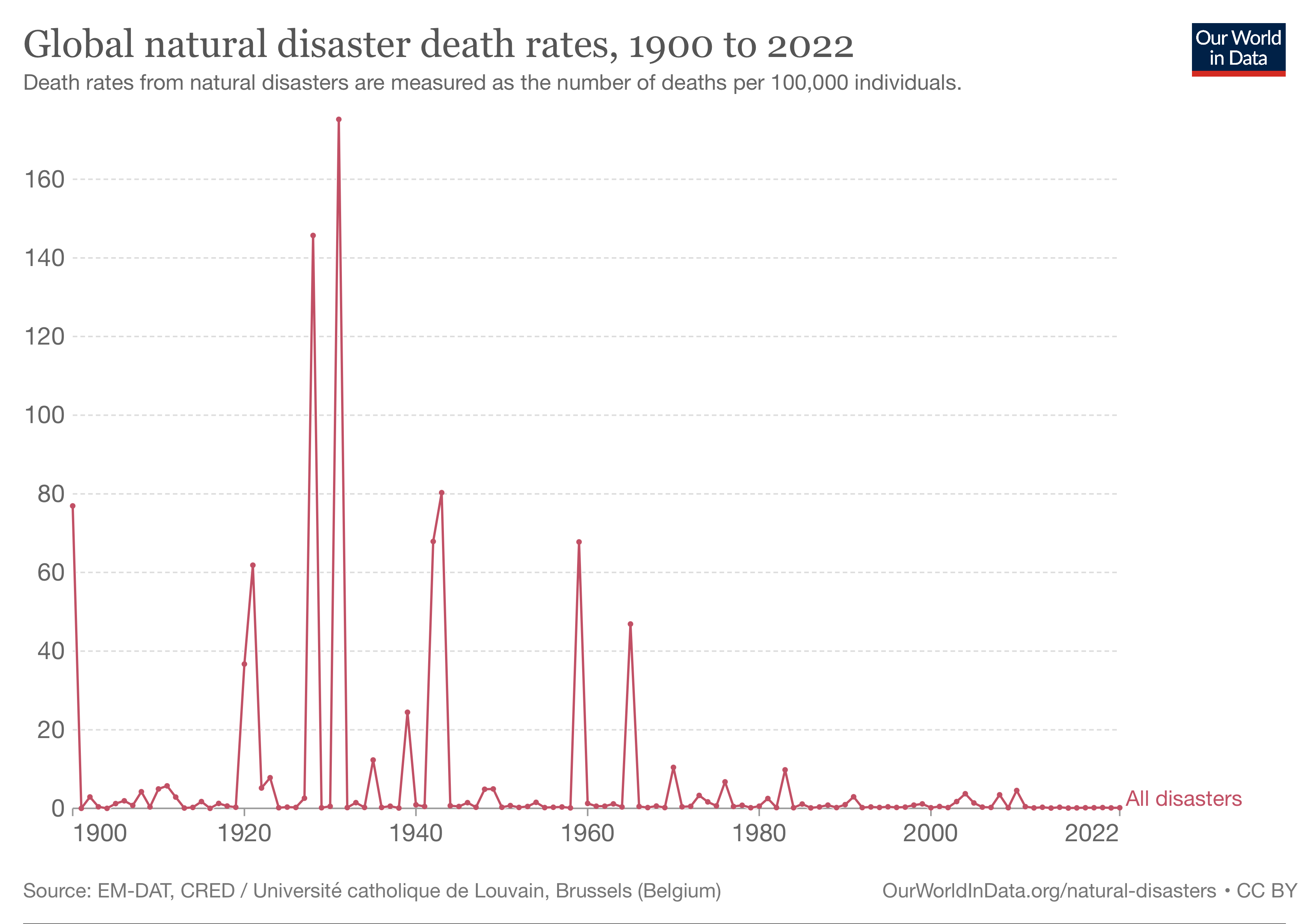|
Logistics Support System
Logistics Support System (LSS) is a tool created by the Pan American Health Organization and six United Nations agencies for the purpose of facilitating the communication among humanitarian agencies, non-governmental organizations, donors, media or countries and enhancing the coordination of humanitarian supply chain. By creating matching tables to collect information from other tracking systems or by having access to already existing data in the systems' database, logistics support systems have the ability to provide decision supporting reports that show which relief supplies were received or delivered, where they have been stored, which relief supplies are requested and how useful they are at a specific moment. Sorting and classifying incoming supplies are also some functions of a logistics support system. Consequently, the function of the logistics support system enhances the proactivity of a humanitarian organization by improving problem traceability and performance monitoring a ... [...More Info...] [...Related Items...] OR: [Wikipedia] [Google] [Baidu] |
Pan American Health Organization
The Pan American Health Organization (PAHO) is an international public health agency working to improve the health and living standards of the people of the Americas. It is part of the United Nations system, serving as the Regional Office for the Americas of the World Health Organization and as the health organization of the Organization of American States, Inter-American System. It is known in Latin America as the OPS or OPAS ( es, Organización Panamericana de la Salud; pt, Organização Pan-Americana da Saúde). Description PAHO has scientific and technical expertise at its headquarters, in its 27 country offices, and its three Pan American centers, all working with the countries of the americas in dealing with priority health issues. The health authorities of PAHO's Member States set PAHO's technical and administrative policies through its governing bodies. The PAHO Member States include all 35 countries in the Americas; Puerto Rico is an associate member. France, the ... [...More Info...] [...Related Items...] OR: [Wikipedia] [Google] [Baidu] |
United Nations
The United Nations (UN) is an intergovernmental organization whose stated purposes are to maintain international peace and international security, security, develop friendly relations among nations, achieve international cooperation, and be a centre for harmonizing the actions of nations. It is the world's largest and most familiar international organization. The UN is headquarters of the United Nations, headquartered on extraterritoriality, international territory in New York City, and has other main offices in United Nations Office at Geneva, Geneva, United Nations Office at Nairobi, Nairobi, United Nations Office at Vienna, Vienna, and Peace Palace, The Hague (home to the International Court of Justice). The UN was established after World War II with Dumbarton Oaks Conference, the aim of preventing future world wars, succeeding the League of Nations, which was characterized as ineffective. On 25 April 1945, 50 governments met in San Francisco for United Nations Conference ... [...More Info...] [...Related Items...] OR: [Wikipedia] [Google] [Baidu] |
Humanitarian
Humanitarianism is an active belief in the value of human life, whereby humans practice benevolent treatment and provide assistance to other humans to reduce suffering and improve the conditions of humanity for moral, altruistic, and emotional reasons. One aspect involves voluntary emergency aid overlapping with human rights advocacy, actions taken by governments, development assistance, and domestic philanthropy. Other critical issues include correlation with religious beliefs, motivation of aid between altruism and social control, market affinity, imperialism and neo-colonialism, gender and class relations, and humanitarian agencies. A practitioner is known as a humanitarian. An informal ideology Humanitarianism is an informal ideology of practice; it is "the doctrine that people's duty is to promote human welfare." Humanitarianism is based on a view that all human beings deserve respect and dignity and should be treated as such. Therefore, humanitarians work towards advan ... [...More Info...] [...Related Items...] OR: [Wikipedia] [Google] [Baidu] |
Tracking Systems
A tracking system, also known as a locating system, is used for the observing of persons or objects on the move and supplying a timely ordered sequence of location data for further processing. It is important to be aware of human tracking, further details are listed below. Applications A myriad of tracking systems exists. Some are 'lag time' indicators, that is, the data is collected after an item has passed a point for example a bar code or choke point or gate. Others are 'real-time' or 'near real-time' like Global Positioning Systems (GPS) depending on how often the data is refreshed. There are bar-code systems which require items to be scanned and automatic identification ( RFID auto-id). For the most part, the tracking worlds are composed of discrete hardware and software systems for different applications. That is, bar-code systems are separate from Electronic Product Code (EPC) systems, GPS systems are separate from active real time locating systems or RTLS for examp ... [...More Info...] [...Related Items...] OR: [Wikipedia] [Google] [Baidu] |
Natural Disasters
A natural disaster is "the negative impact following an actual occurrence of natural hazard in the event that it significantly harms a community". A natural disaster can cause loss of life or damage property, and typically leaves some economic damage in its wake. The severity of the damage depends on the affected population's resilience and on the infrastructure available. Examples of natural hazards include: avalanche, coastal flooding, cold wave, drought, earthquake, hail, heat wave, hurricane (tropical cyclone), ice storm, landslide, lightning, riverine flooding, strong wind, tornado, typhoon, tsunami, volcanic activity, wildfire, winter weather. In modern times, the divide between natural, man-made and man-accelerated disasters is quite difficult to draw. Human choices and activities like architecture, fire, resource management or even climate change potentially play a role in causing "natural disasters". In fact, the term "natural disaster" has been called a misnomer ... [...More Info...] [...Related Items...] OR: [Wikipedia] [Google] [Baidu] |



